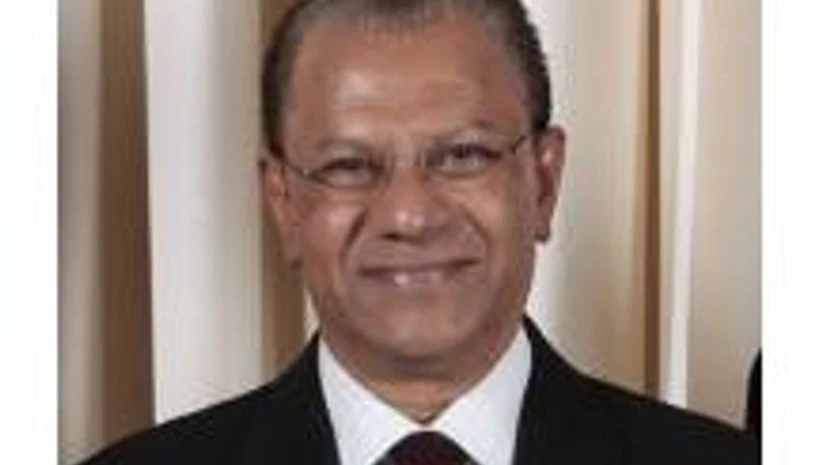“We gave additional proposals to reassure India that we will not allow anyone to abuse or misuse provisions of the tax treaty…We both agreed that there must be quick resolution for certainty, clarity and predictability,” Ramgoolam told a press conference after meeting Modi. Mauritius had proposed to introduce Limitation of Benefit (LoB) clause in the Double Taxation Avoidance Agreement (DTAA) with India. India thought it was not adequate and was insisting on source-based taxation for capital gains.
So that it gets the right to tax short-term capital gains on investments routed through the island nation by residents of other countries.
Ramgoolam said Mauritius had “absolutely no problem” in addressing the LoB issue but did not give a clear comment when asked whether the specific issue of capital gains tax was discussed with Modi.
Mauritius slipped to second position behind Singapore in 2013-14 as the largest source of foreign direct investment (FDI). Last financial year, India attracted $5.98 billion in FDI from Singapore, whereas it was $4.85 billion from Mauritius.
He said a quick resolution to the issue would remove uncertainties and Mauritius would hope to be back on the top position as the source of FDI in India.
“We will not allow anybody to abuse or misuse our jurisdiction…Any Indian company investing in Mauritius has to demonstrate business purpose, commercial value and economic substance,” he said, adding the two leaders discussed many issues of mutual interest besides the DTAA.
Ramgoolam said he had also invited the Indian Prime Minister to visit Mauritius.
The two countries agreed to have an innovative partnership to strengthen their bilateral relations. The Prime Minister's Office in both countries will set up special cells for effective implementation of ideas.
“There are strong ties between India and Mauritius...We want to strengthen, broaden and deepen our relations. We (I and Modi) had fruitful discussions...It is a relation based on shared values and traditions,” Ramgoolam added.

)
